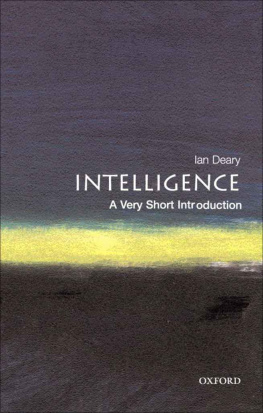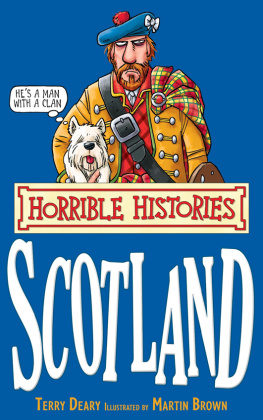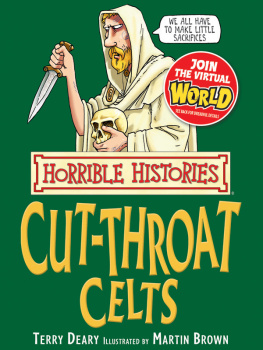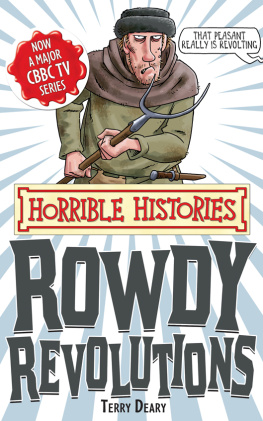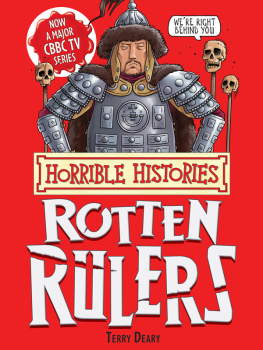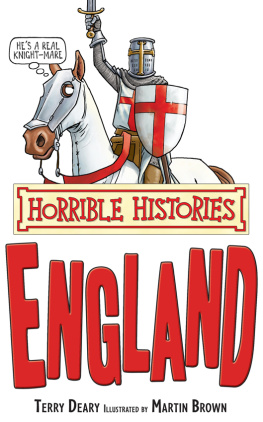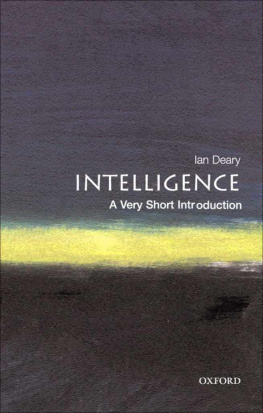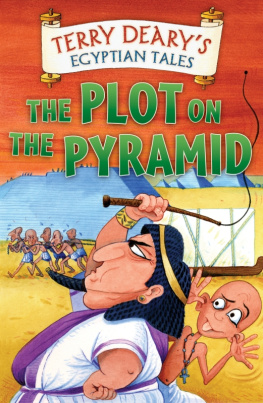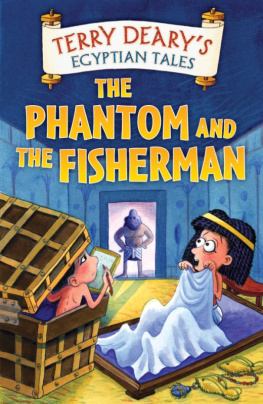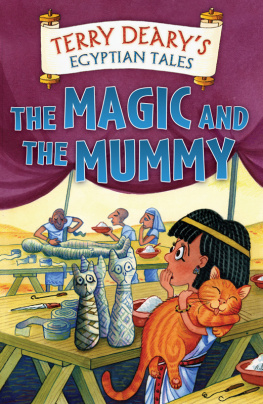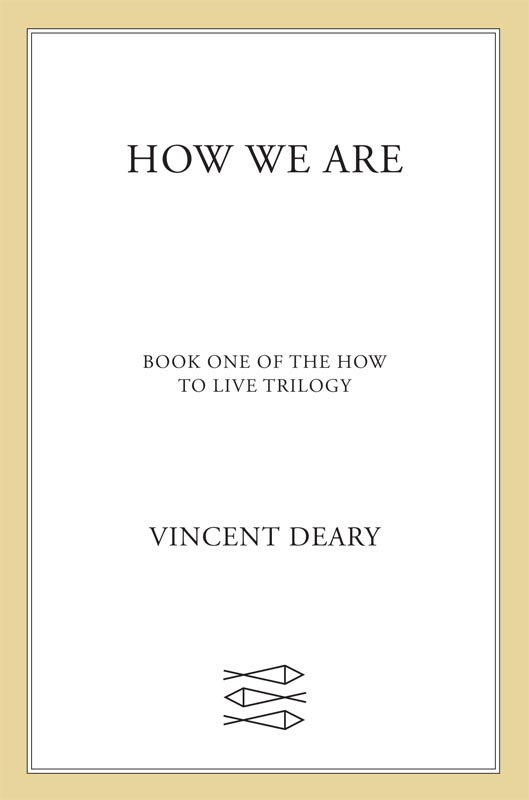Contents
Guide

Contents
You keep saming when you ought to be changing.
Lee Hazlewood, These Boots Are Made for Walkin
We live in small worlds. At the beginning of most movies we are shown a status quo, more fully a status quo ante bellum , the state of things before the war. We are shown a routine and comfortable life, a small world, one that is soon to end. In screenwriting parlance, this normal, soon-to-be-over world is known as Act One, and the inciting incident is the event that precipitates the move into Act Two, into the war of change and adjustment. And usually we prefer to maintain ourselves in the status quo, in comfort and predictable ease. It takes a lot to get us out of that a compelling call, an overwhelming imperative. Or maybe we are pushed. But sometimes it happens. Things change. The movie-makers like to end Act One fairly quickly and get stuck into the spectacle of change and adjustment. Thats where the drama is, thats what we pay to see.
In life, as in this book, the balance is different. Our Act Ones, our normal lives, tend to last for longer. We like it that way. We are creatures of habit and we live in worlds small enough for us to come to know their ways and to establish familiar ways within them. Unless we are uneasy, unless something disturbs us from within or without, we tend to work to keep things the way they are. That is the subject of this books Act One Saming how we creatures of habit work to establish and maintain our ways of life.
These ways of life, these routines, are not just habits of thinking and doing the same things in the same way, although of course that is part of it. But our habits are not only established internally, in muscles and nerves. As birds feather nests, so we also embed our ways of life in the places where we do our living. We beat paths through our environments and we surround ourselves with others, our tribes, who act as mirrors to remind us who we are and what we do. These, then, are the elements of our small worlds: the habits, routines, people, places and things that we have become accustomed to and comfortable with. Thats the terrain of Part One of this book, thats where the journey starts. If you wanted to be scientific, and we will be at points, but not dauntingly so, we could call this part homeostasis . But lets think in movies. As in a movie, Act One of this book shows us how this world is before anything happens, before the disturbance or unease of an inciting incident forces us to begin the difficult work of deliberation and adjustment.
Then, inevitably, something interrupts our routine lives, some News from Elsewhere. The war begins. The end of our small worlds can take many forms: more likely the gaining or losing of a job or a relationship than the mass geopolitical catastrophes of the movies, but end they will. And so with some ingrained physiological inertia and reluctance, we leave normal and begin the uphill struggle of change, Act Two, the second half of this book.
Act Two Changing always begins with the difficult first moves of adjustment, those clumsy early days and first nights of becoming accustomed to a new way of being. It really is hard at first, thats why we resist it. Beginnings, and ends, are terrible times. Now we are in the process of allostasis , of trying to re-achieve stability in the face of change, to reach a new set-point of comfort and familiarity, to get back to normal. Heightened arousal and attention are the hallmarks of these times of transition. They always accompany our attempts to adjust to the rhythm of the new, putting us under constant internal pressure to get back to normal, a new normal, as quickly as possible. During such difficult times it is often easier to fall back on the consolation of old habits, even though these will not get the job of change done. And it is here we glimpse the roots of much of our suffering. We are sometimes too keen to reach the end of the process of change, or not to begin it at all, or to avoid it whilst in it; we trot out our old responses when something new is called for, we keep saming when we ought to be changing. This is the ground we will cover in Act Two, following the arc of the drama of change through to Act Three, the establishment of the new normal, the new small world.
* * *
Its a daunting prospect. There is a whole book ahead of me of us. For my journey, like a climber off to scale a mountain, or a general off to battle, I prepared a detailed campaign. Even for this part I made some notes. I knew early on that I wanted to draw attention to the act of dedication that is necessary to initiate and sustain something as fundamentally improbable as the writing of a book. Only recently the notion came to me of swimming upstream, against the tide of decay and degradation, the slow and subtle ebbing away of order; the way that every day in every way you and I are getting worse, losing ground, memory, teeth, and the battle just to stay as we are, let alone get better. And this is all about getting better. I could even call it Getting Better . That would do. People, things, do get better. Its unlikely, against nature and in the teeth of the second law of thermodynamics the inevitability of disorder but just occasionally, things improve. I believe that.
As a therapist, I have seen it, worked with it, seen people move upstream, struggle uphill. The physics of these metaphors is spot on to work against the prevailing forces of habit, inertia and gradual decay, you really need to put in some effort. And thats not easy, not right at the start. The first steps are all effort and no reward. Something else needs to keep you going until reward kicks in, until the road begins to rise to meet you. A cussed mixture of faith in the process, hope for change and a devotion to a purpose not dictated by the prevailing conditions. In sum, dedication. Its hard at first.
So why bother? What makes us change? Well, sometimes we have to, and sometimes we just see that things could be better than they are. We get a glimpse or have a vision of a future that is not just a continuation of the present. And if that vision is compelling enough, then desire kicks in, the yearning for things to be other than they are. Youre off to a good start there, with the vision and the desire. With them comes a quickening of energy, the beginnings of an urgency, the impulse to change. Thats quite a trio now vision, desire and urgency quite a team. But even then you could let it lie. Let the impulse die, the desire fade, the perception dim. They will stop bothering you, eventually, if you ignore them. How much choice we have there is a subject that we can come to, but for the moment lets just say it feels like there are little moments when everything is in place and all we need to do is act . Do something about it. Well, if thats how you feel, why dont you do something about it? You know those moments weve all had them or seen them on television. A moment of decision. OK , I will. And you do, you will . You manifest your will in an action, and things change. Maybe not much at first, but definitively. Things have changed. Something has passed from potential to actual; youve started something new, brought something into the world. Its magical and relatively rare. Beginnings are terrible times, and so are ends.
* * *
On my campaign map (see May I not falter. I am dedicating myself to this project on transformation in the hope that it might be a transformative project. I am dedicating myself to the perception that, however unlikely, however against nature, improvement happens, people get better. I mean better at living, at being who they are, at handling life with grace, humour and courage. Some people handle life admirably. And other people really dont. Some get stuck in hideous deforming places and postures and become ever more unbearable versions of themselves. This is not arbitrary people become stuck or remain fluid and graceful because of the kind of beasts we humans are, and how we handle saming and changing.


